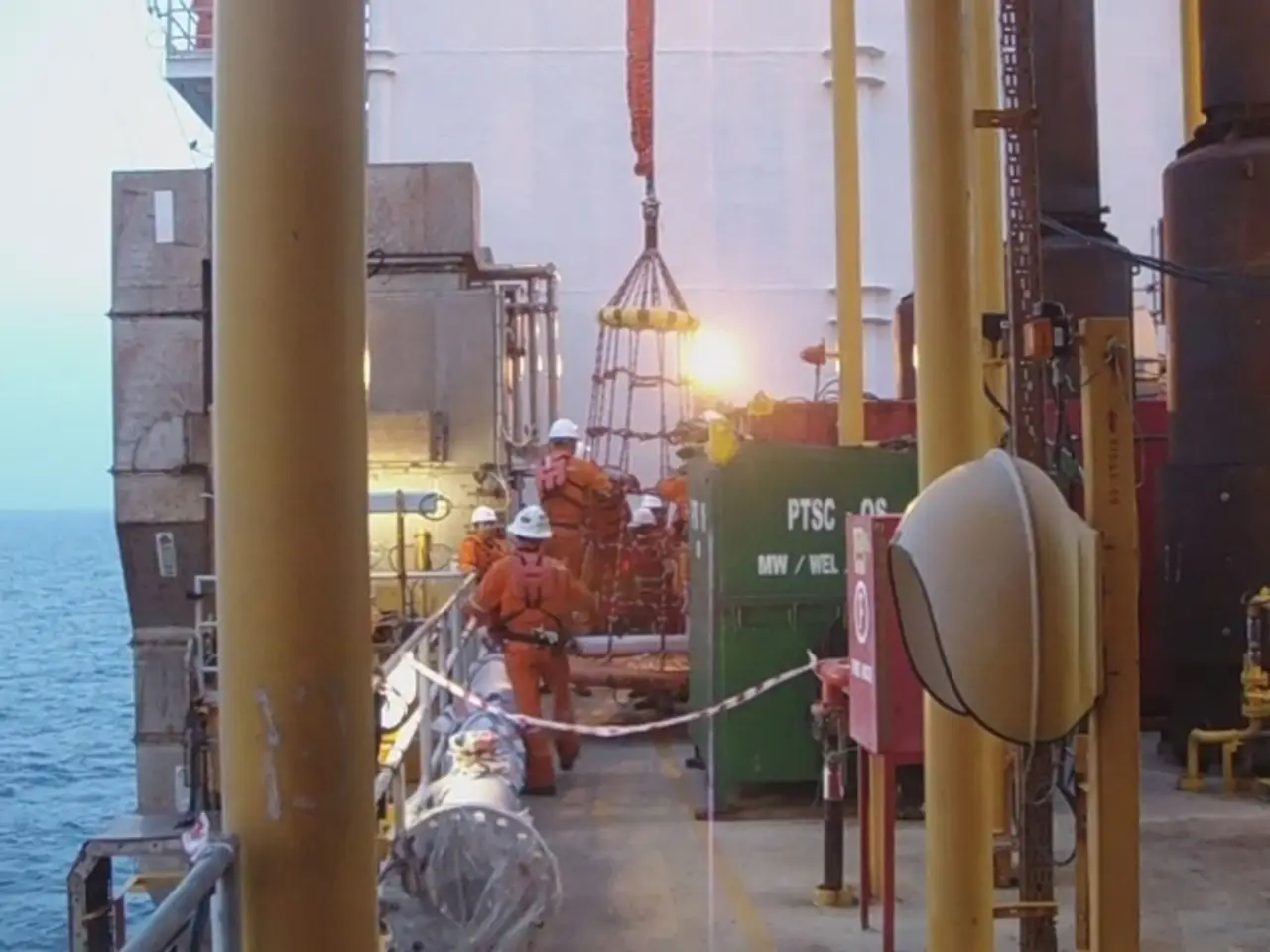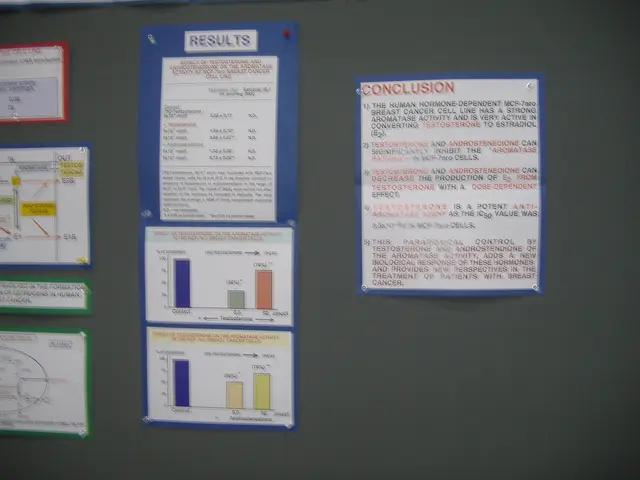Shipping conglomerate Maersk issues caution to the United States over proposed single-handed maritime regulations
The Federal Maritime Commission (FMC) is currently investigating the use of flags of convenience (FOC) ships, following concerns that these registries enable unsafe vessels and shadow fleets, potentially undermining U.S. maritime interests. This investigation has sparked a significant debate, with some advocating for stronger U.S. enforcement measures and others, like Maersk, urging the reinforcement of international norms.
According to research by Global Financial Integrity (GFI), more than half of the cases of goods seized by the U.S. Customs and Border Protection (CBP) between 2018 and 2021 involved FOC ships. This higher incidence is seen as significant by GFI. The research also indicates a link between FOC ships and a higher likelihood of operating unsafe and non-compliant vessels.
However, Maersk, a major player in the shipping industry, has expressed concerns about a potential unilateral strategy by the FMC to prevent foreign ship owners and operators from undercutting America's trade interests. If the FMC were to establish its own regulations specifically targeting FOCs, Maersk warns of potential negative impacts, such as destabilizing the existing international shipping regime, complicating global trade relations, and risking a "race to the bottom" if foreign flag states respond by further lowering standards.
Potential positive impacts of such a move include strengthening enforcement against risks associated with FOC ships, helping to inoculate the U.S. supply chain from harmful practices, and providing a clearer regulatory framework domestically when international efforts to regulate FOCs have been ineffective or stalled.
GFI recommends that the FMC implement regulations that require mandatory safety inspections for all ships flying FOCs and deem them as "having an inherent increased risk to the United States." They also suggest that the FMC, CBP, and the U.S. Coast Guard should work together to target vessels flying FOCs for enhanced scrutiny or penalties.
On the other hand, Maersk believes that international shipping requires international rules to secure a level playing field. They argue that only by reinforcing the existing international regime can a level competitive playing field be maintained while safeguarding the safety of seafarers, the environment, and the integrity of global trade.
The FMC's investigation outcomes may influence whether it pursues independent enforcement actions. GFI President and CEO Tom Cardamone believes that the FMC's efforts to influence responsible flagging laws outside the United States will be ineffective, while Maersk argues that only by working together globally can the industry ensure a secure and fair future for all.
In summary, creating its own enforcement regime against flags of convenience could enable the FMC to better protect U.S. maritime security and commerce, but carries risks of international friction, trade disruption, and unintended negative effects on safety and competitiveness if not coordinated globally. The debate continues as the FMC considers its next steps.
- The debate over the FMC's potential enforcement actions against flags of convenience (FOC) ships extends to the realm of finance and business, as the impact on U.S. trade interests is a crucial concern for corporations like Maersk.
- In the realm of policy-and-legislation and politics, the FMC's investigation into FOC ships has sparked calls for stronger U.S. enforcement measures from some quarters, while others, like Maersk, urge the reinforcement of international norms to maintain a level playing field, which is crucial general-news for the shipping industry and global trade relations.




